"How Sandžak became valley of hunger"
B92 TV investigates how the southwestern Sandžak region became "a valley of hunger", while Novi Pazar turned into "a town of rich individuals".
Monday, 12.10.2009.
11:58

B92 TV investigates how the southwestern Sandzak region became "a valley of hunger", while Novi Pazar turned into "a town of rich individuals". During the past 20 years big companies in Sandzak have failed, tens of thousands of people lost their jobs, light textile industry is dying out, while black labor market, grey economy, drug smuggling and cross-border crime are flourishing. "How Sandzak became valley of hunger" Sandzak became a border region after the collapse of former Yugoslavia and the secession of its republics. Sandzak borders Montenegro and is situated in immediate proximity of Bosnia-Herzegovina, while the administrative boundary connects it to Kosovo. This makes Sandzak very suitable for cross-border smuggling and a wide range of crime. Goods from Turkey and Asia that could not legally cross any state border, go through Sandzak on a daily bases. ’’We have been exposed to all those pressures of smuggling and other forms of crime now that we are a border region. Those other forms of crime are mostly connected to heroin and other sorts of drugs“, says Camil Hubic, president of the District Court in Novi Pazar. ’’You are right to assume that a large amount of narcotics goes through the area that is covered by the police administration of Novi Pazar," the local police chief told B92 TV's Reakcija program. "But I must say that this police administration is a first line of defense and is the first to take the blows." Smugglers also find weapons, textile, food, oil, gasoline and oil products to be lucrative business. Smuggled goods usually come from Montenegro and Kosovo. And while individuals became extremely rich thanks to different sorts of crime during the years of wars and transition, there are many people who are living on the verge of utmost poverty. Thousands of people lost their jobs after the failure of state-owned firms. Until several years ago, Novi Pazar was well known as the economical and trade center, where in the mid-1990s manufacturers produced up to 20 million pairs of jeans annually. Most of those privately-owned tailor shops are now closed. "We have a real recession in textile production. Of those 20 millions pieces of jeans in mid- 1994 there isn't even a million produced annually now. From 15,000 workers we are down to only 1,200 employees” says Bisera Heceragic of the European Movement in Serbia. Reakcija, set to air tonight at 20:00 CET, investigates who is responsible for the failure of the economy, loss of work and poverty that tens of thousands of people from this region are doomed to. The program also looks to find out why the government tolerates black labor market, selling of smuggled goods and grey economy when it comes Sandzak’s small enterprises, whether the authorities will be able to suppress drug trafficking and cross-border smuggling, and what use will this part of Serbia have from the Regional Development Law.
"How Sandžak became valley of hunger"
Sandžak became a border region after the collapse of former Yugoslavia and the secession of its republics.Sandžak borders Montenegro and is situated in immediate proximity of Bosnia-Herzegovina, while the administrative boundary connects it to Kosovo.
This makes Sandžak very suitable for cross-border smuggling and a wide range of crime.
Goods from Turkey and Asia that could not legally cross any state border, go through Sandžak on a daily bases.
’’We have been exposed to all those pressures of smuggling and other forms of crime now that we are a border region. Those other forms of crime are mostly connected to heroin and other sorts of drugs“, says Ćamil Hubić, president of the District Court in Novi Pazar.
’’You are right to assume that a large amount of narcotics goes through the area that is covered by the police administration of Novi Pazar," the local police chief told B92 TV's Reakcija program.
"But I must say that this police administration is a first line of defense and is the first to take the blows."
Smugglers also find weapons, textile, food, oil, gasoline and oil products to be lucrative business.
Smuggled goods usually come from Montenegro and Kosovo.
And while individuals became extremely rich thanks to different sorts of crime during the years of wars and transition, there are many people who are living on the verge of utmost poverty.
Thousands of people lost their jobs after the failure of state-owned firms.
Until several years ago, Novi Pazar was well known as the economical and trade center, where in the mid-1990s manufacturers produced up to 20 million pairs of jeans annually.
Most of those privately-owned tailor shops are now closed.
"We have a real recession in textile production. Of those 20 millions pieces of jeans in mid- 1994 there isn't even a million produced annually now. From 15,000 workers we are down to only 1,200 employees” says Bisera Hećeragić of the European Movement in Serbia.
Reakcija, set to air tonight at 20:00 CET, investigates who is responsible for the failure of the economy, loss of work and poverty that tens of thousands of people from this region are doomed to.
The program also looks to find out why the government tolerates black labor market, selling of smuggled goods and grey economy when it comes Sandžak’s small enterprises, whether the authorities will be able to suppress drug trafficking and cross-border smuggling, and what use will this part of Serbia have from the Regional Development Law.






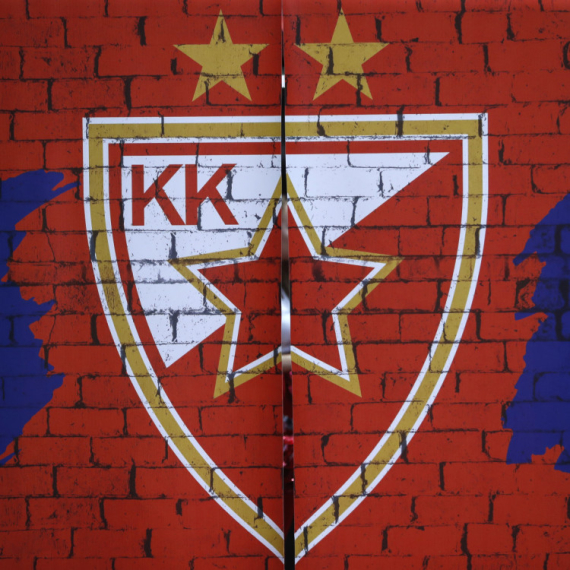



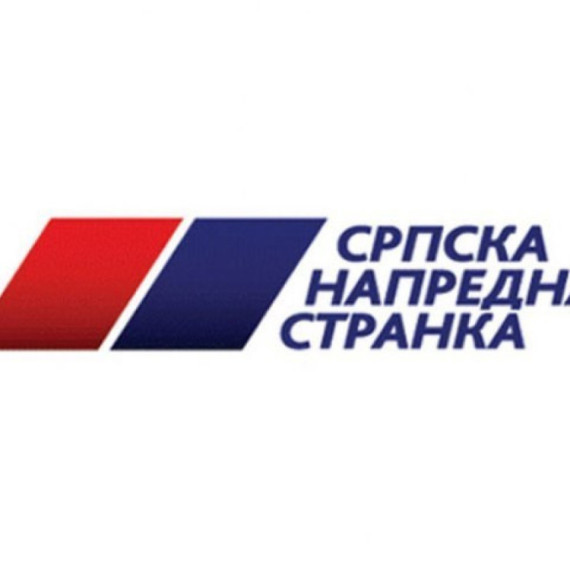
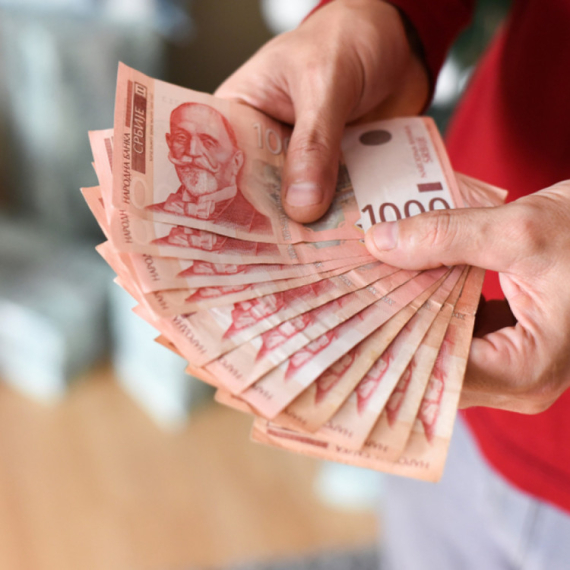




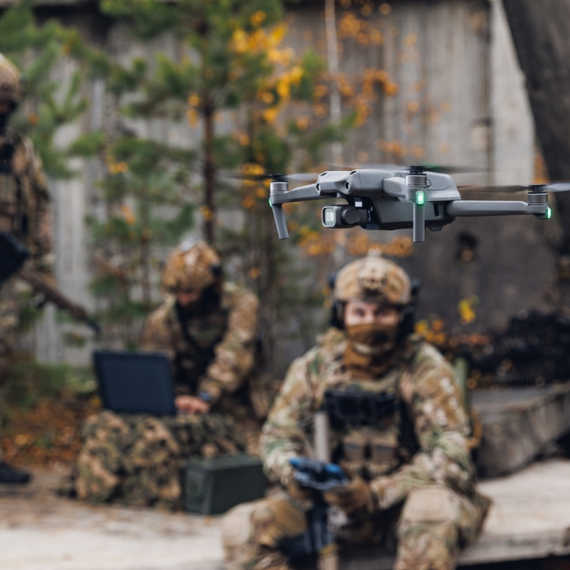
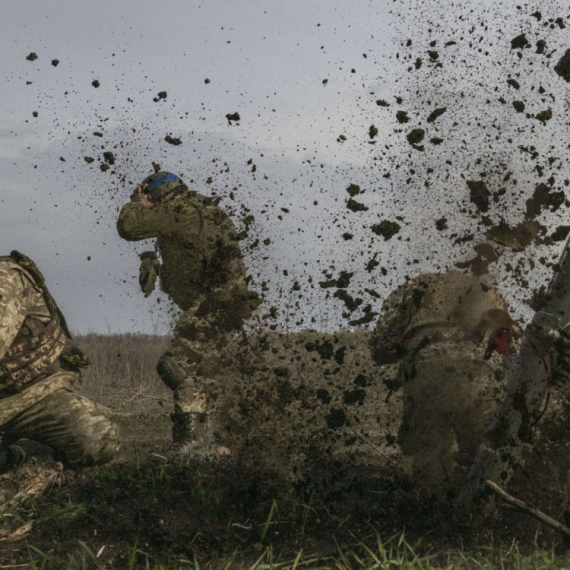
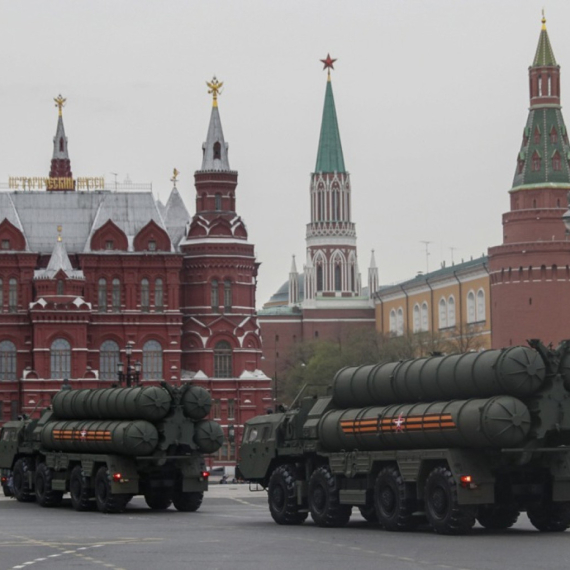

Komentari 1
Pogledaj komentare